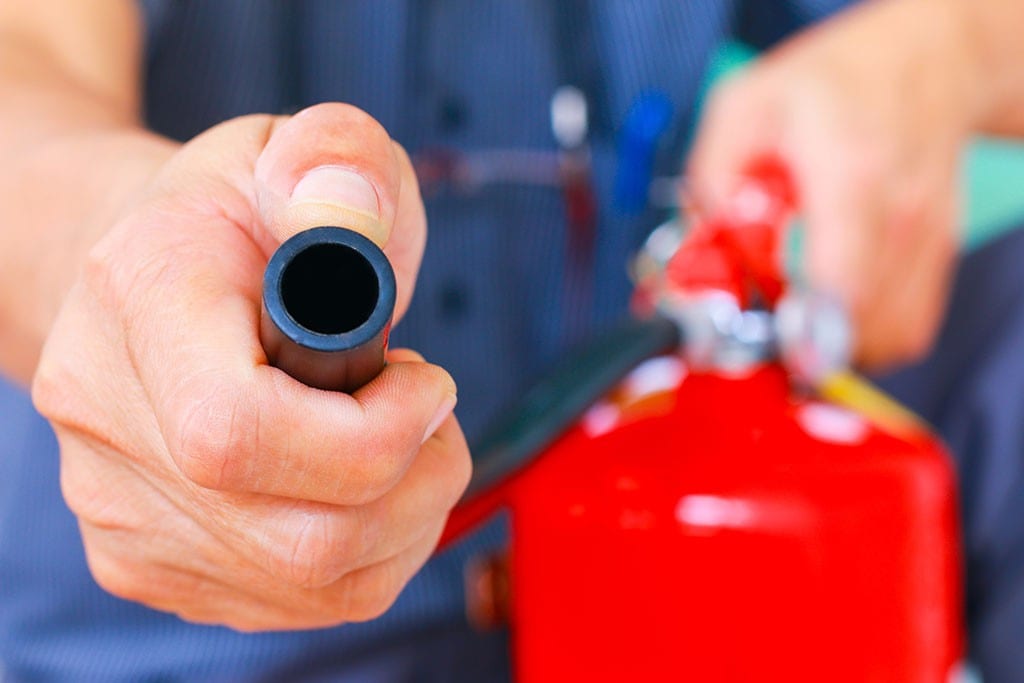For every company in Sydney Fire protection isn’t just an obligation of law, but also a vital part of keeping employees as well as customers and property secured. Fires can cost a lot within a matter of minutes. With appropriate safety measures implemented, many of these dangers can be avoided or minimized. Fire inspections and regular examination of electrical systems as well as the compliance with CFSP standards can all be used in creating a safe and secure environment.
The reason Fire Inspections are the basis of Safety
The first line of defense is fire inspections. The inspections verify that the fire safety system in the building is current and functioning. Many businesses operating in Sydney have to conduct inspections at least six times every year, depending on their building type as well as the rules of the council. An inspection often covers everything including fire alarm panels and sprinkler systems to smoke alarms, hydrants and extinguishers, and emergency lighting.

What makes inspections so crucial is their ability to spot hidden issues before they become dangersome. In the event of an emergency tiny flaw in a smoke detector, or the fire hydrant’s malfunction could seem insignificant. Business owners who regularly inspect their fire hydrants are fulfilling their legal requirements and safeguarding themselves from unforeseen disasters.
Test and Tag: Addressing Hidden Electric Risks
Electrical systems can be an important cause of workplace fires. Testing and tagging is consequently an essential element of the plan to ensure fire safety. This involves checking electrical devices to ensure they are secure, safe and compliant. Following that an identifiable tag is fixed to the equipment, indicating it has passed inspection. For many businesses this is more than a standard procedure it’s a protection against dangers that usually go without being noticed.
If they are not checked for wear, old or worn cables, appliances that are defective, and outdated wiring can quickly lead to dangers to fire. Regular testing and marking minimizes the chance of an electrical malfunction causing an accident. This builds confidence and trust in employees, as they are assured that their workplace is safe. Together with fire inspections and testing, this complete safety program reduces the risk from multiple perspectives.
The job of CFSP is certification and compliance.
In New South Wales, only the Competent Fire Safety Practitioner (CFSP) is authorized to certify and sign critical documents for fire safety, like Annual Fire Safety Statements. The CFSP certification guarantees that only qualified professionals can evaluate and confirm the safety measures for fire. For business owners, working with the CFSP means that inspections and reports aren’t just routine documents and evaluations based on reliable data carried out by experts.
The role of a CFSP extends far beyond ticking boxes. These experts provide thorough reports and verify compliance with rules and regulations. Businesses that do not have CFSP certification risk being penalized, facing legal problems, or even shutting down should they be found to be insufficient with fire protection. When you partner with experts accredited in fire safety, you will be able to ensure that your equipment is maintained correctly. In addition, you’ll be able comply with all compliance requirements without unnecessary stress.
Fire Safety is a Constant commitment
Safety in the event of fire is a constant requirement for every business owner. The safety cycle continues with periodic checks, testing electrical systems constantly, and getting certification under CFSP supervision. This practice is not only legal, but also fosters a safety culture within the workplace. Employees feel safer knowing that evacuation plans, smoke alarms, emergency lighting, as well as a fire suppression systems are in place.
In focusing on fire safety as an ongoing process, not just a box to check every year businesses are able to reduce risk and also enhance their image. If a workplace is geared towards safety, customers and clients will be more relaxed. Long-term, proactive fire protection could save you cash by avoiding costly damage such as fines, legal fights or fines. It also safeguards everyone inside the structure.
Conclusion
The safety of your property in Sydney requires a multi-layered approach that includes fire inspections as well as testing and tagging, and an official certification from a CFSP. Each part is crucial in making sure that businesses comply with the regulations, and more importantly, ensuring that individuals and their property are safe. Companies that place safety as a priority in their operations and not just a secondary note will fulfill their legal obligations and ensure a stable and safe and secure environment.